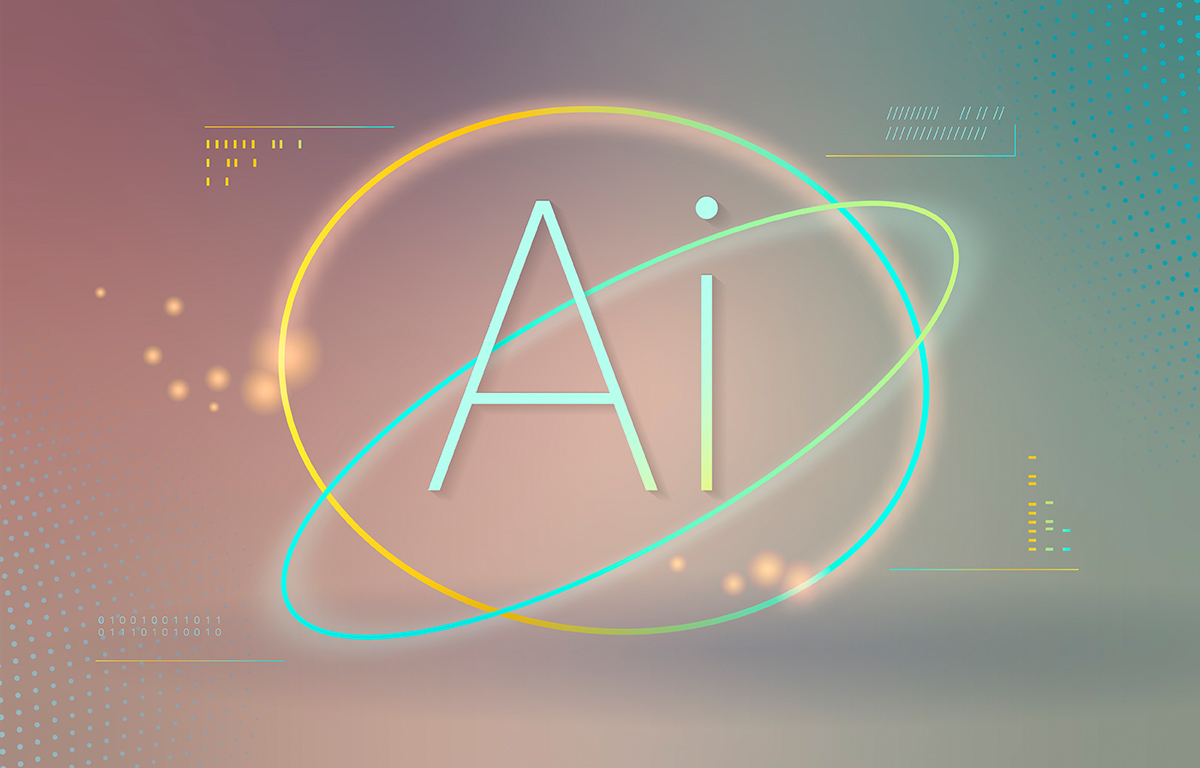The evolution of technology has always brought about significant changes in various industries, and the photo and video retouching industry is no exception. With the emergence of artificial intelligence (AI) and its integration into photo and video retouching tools, the industry is experiencing a significant transformation that promises to redefine the future of the field.
One of the most exciting aspects of AI-powered photo and video retouching tools is their ability to learn from data input. AI algorithms can analyze vast amounts of data and learn from the patterns and information present in the input. This learning capability means that AI-powered tools can make more informed decisions and produce higher-quality outputs over time. As a result, the possibilities of AI in photo and video retouching are virtually limitless.
Moreover, AI-powered tools can automate repetitive and time-consuming tasks, such as removing blemishes or adjusting color and lighting. This automation frees up time for creatives to focus on more complex aspects of the editing process, such as storytelling or concept development. As a result, AI-powered tools enhance not only the efficiency of the workflow but also the overall quality of the final product.
Another significant advantage of AI-powered photo and video retouching tools is their ability to create entirely new images that never existed before. This means that AI can help creatives unleash their imagination and creativity in ways previously impossible. An AI-powered tool like Deep Dream, for instance, can generate surreal and otherworldly images that spark the imagination and open up new possibilities for creative expression.
However, as with any emerging technology, AI-powered photo and video retouching also raises ethical concerns. The increasing sophistication of AI-powered tools raises the potential for deception and the manipulation of reality. The line between authentic and manipulated content may become increasingly blurred, creating new challenges for the industry as a whole.
In conclusion, the future of photo and video retouching is undoubtedly exciting with the continued advancement of AI. The potential of AI-powered tools to automate and enhance various aspects of the creative process promises to revolutionize the industry, making it faster and more efficient while also opening up new creative possibilities. However, as with any transformative technology, it is essential to consider the ethical implications and ensure that the use of AI in photo and video retouching is responsible and transparent.

